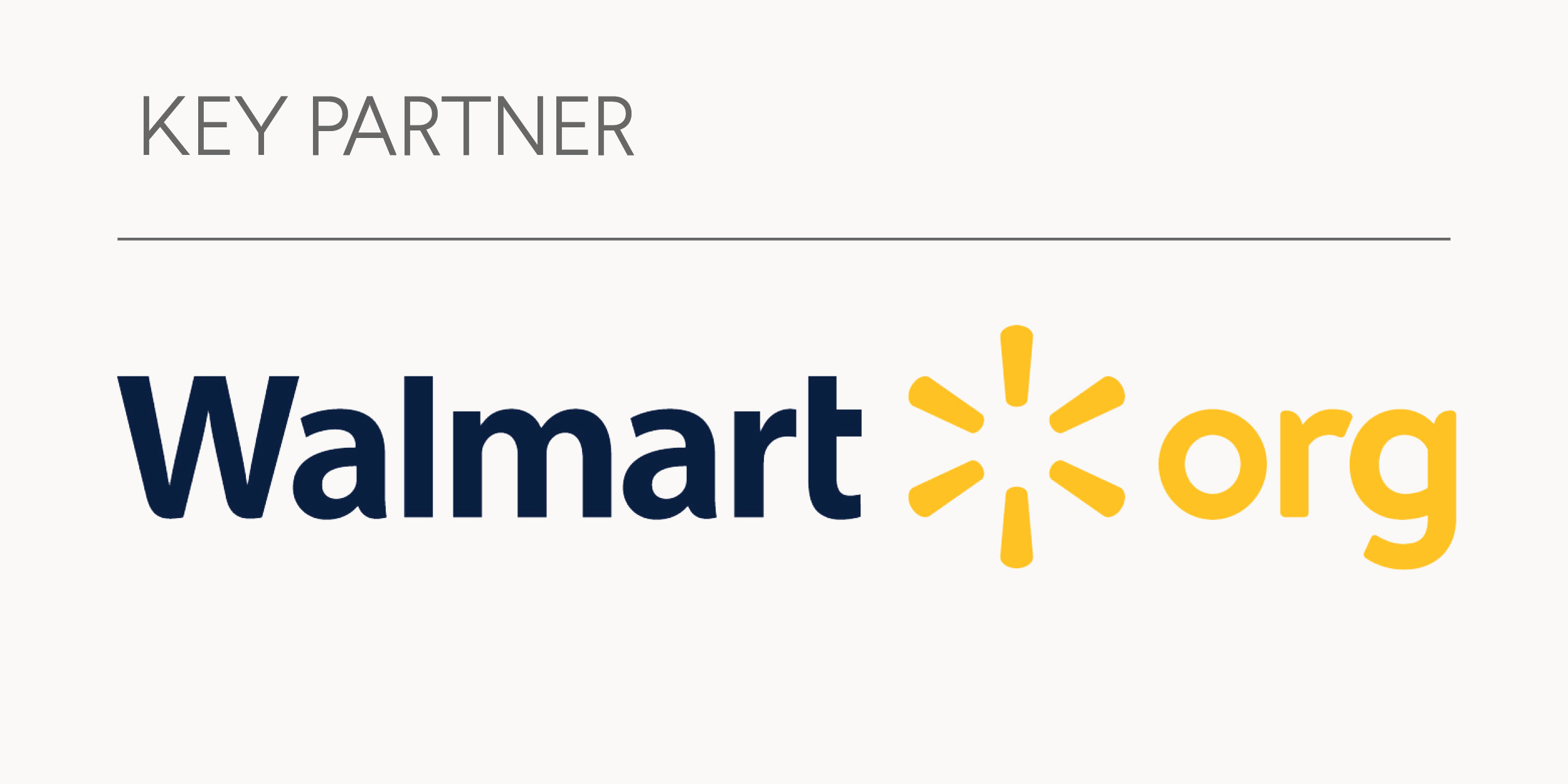Learners and workers are likely to own and use multiple devices, and will likely be issued credentials for different types of digital wallet applications from different schools, employers, and government agencies, with each wallet containing multiple types of credentials. An interoperable ecosystem will give individuals the flexibility to move their credentials between different wallets and share understandable and verifiable information with an array of employers, educational institutions, training providers, and others.
JFFLabs is interested in collaborating with a variety of innovative organizations in this ecosystem to demonstrate true multi-vendor, multi-platform interoperability. JFFLabs will host a series of interoperability plugfests for these developers to demonstrate progress towards providing this flexibility for credential holders. These plugfests will be held in collaboration with the W3C VC-EDU Task force.
If interested, please contact labs@jff.org.





